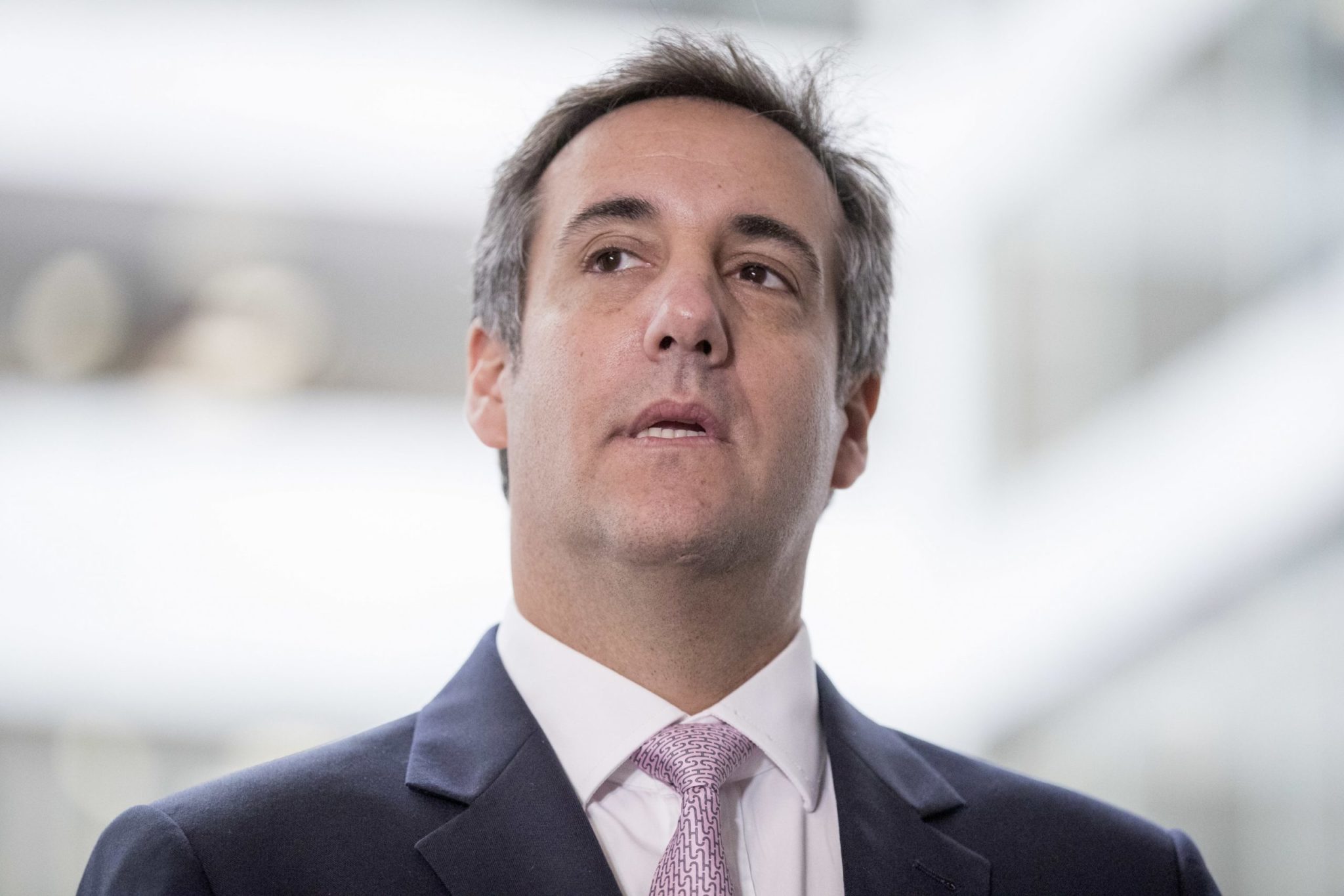Michael Cohen will testify before the House Oversight Committee today, and—according to his dramatic prepared remarks—he’s expected to describe what he says is evidence of criminal conduct on the part of his former boss, Donald Trump.
Members of Congress are expected to shy away from asking questions about Russian collusion—still the subject of Special Counsel’s ongoing investigation—leaving the focus on alleged campaign finance violations and other potentially illicit activity by the President.
There, several questions remain—especially on crucial details that could spell the legal difference on allegations of wrongdoing. A new report by the watchdog group Citizens for Responsibility and Ethics in Washington (CREW), circulated this week to the House Oversight Committee, lays out in granular detail eight possible federal crimes that Donald Trump may have committed.
Ethics experts familiar with the Oversight Committee’s areas of interest told Washingtonian about the biggest questions that Committee members may want to ask Cohen at today’s hearing.
1. How, exactly, did Cohen know to pay Stormy Daniels and Karen McDougal—and still know that he would be paid back?
In his prepared remarks, Cohen describes Trump as promising the first two checks in a series of eleven reimbursements, for $35,000 each. But Cohen doesn’t explain how he knew, presumably, the checks were to be expected. Did Trump expressly tell Cohen he would be reimbursed, or give the order to someone else to carry out?
2. How, specifically, was Cohen reimbursed?
Cohen’s prepared remarks indicate that Trump wrote him at least one personal check from his bank account while he was president. Did all 11 reimbursements come from Trump’s personal accounts? And what about a $60,000 bonus that Cohen received on top of the reimbursements? Did Cohen believe this was part of the payment scheme?
3. Who is the other mysterious campaign conspirator?
In describing Cohen’s campaign finance violations, the charging document in the Southern District of New York alleges that Cohen discussed the potential reimbursement scheme and coverup with “one or more members of the campaign.” Who was it? Several names appear possible—including, presumably, Donald Trump himself (named as “Individual-1” in the charging document)—but several ethics experts said one name in particular has aroused their suspicion: Donald Trump, Jr.
4. Did Cohen discuss campaign damage with Trump?
The particulars of Cohen’s conversations with Trump are only sketchily conveyed in his prepared remarks. To what extent did he discuss the payments with Trump in connection to the campaign—remarks that would have reflected Trump’s understanding that the payments to bury stories were an in-kind contribution?
5. Did Trump know he was lying on his financial disclosure forms?
If Trump directed the payments to Daniels and McDougal, and knew he was indebted to Cohen, that would suggest he lied on his public financial disclosure documents for government officials—known as an OGE 278 form. Did Trump understand he was violating campaign finance law before he submitted his forms? If so, misleading the government on official documents is legally tantamount to lying to Congress, a felony punishable by up to five years in prison.
Russia Bonus Question: How did Cohen meet Donald Trump?
Cohen’s testimony says he first came to work for Trump in 2007. In his book “Trump/Russia,” AP journalist Seth Hettena reported that Cohen was introduced to Trump by Cohen’s father-in-law, Fima Shusterman. Shusterman may have been a conduit to Russian capital in the pursuit of financing Trump’s deals. In recent Tweets, Trump has also tried to point attention to Shusterman, with the suggestion of illegal activity—a move Cohen has interpreted as threatening to his family. The Oversight Committee could solve this riddle by asking if Shusterman introduced Cohen to Trump. And if so, why?


















